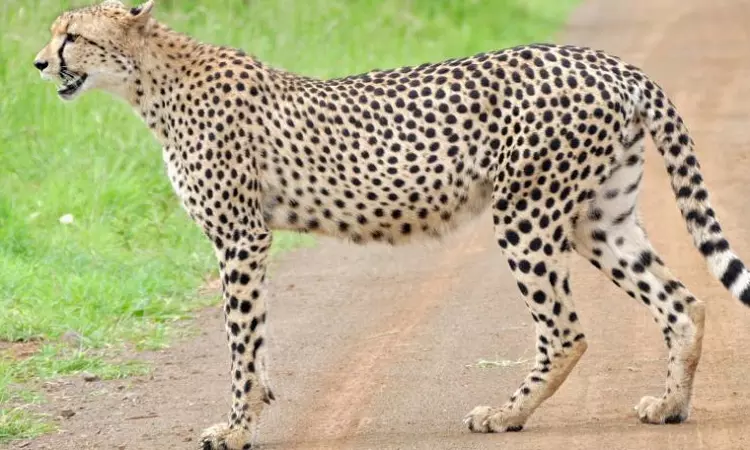Supreme Court Asks Why Should It Supervise Cheetah Introduction Program When Expert Bodies Are There
Awstika Das
17 March 2023 10:15 AM IST

Next Story
17 March 2023 10:15 AM IST
“We have become like micro-administrators,” the green bench of the Supreme Court said on Monday(March 13) while hearing an application moved by an expert committee constituted to “guide and direct” the National Tiger Conservation Authority with respect to India’s ambitious cheetah reintroduction programme. While hearing a plea to direct the statutory body to keep the...
